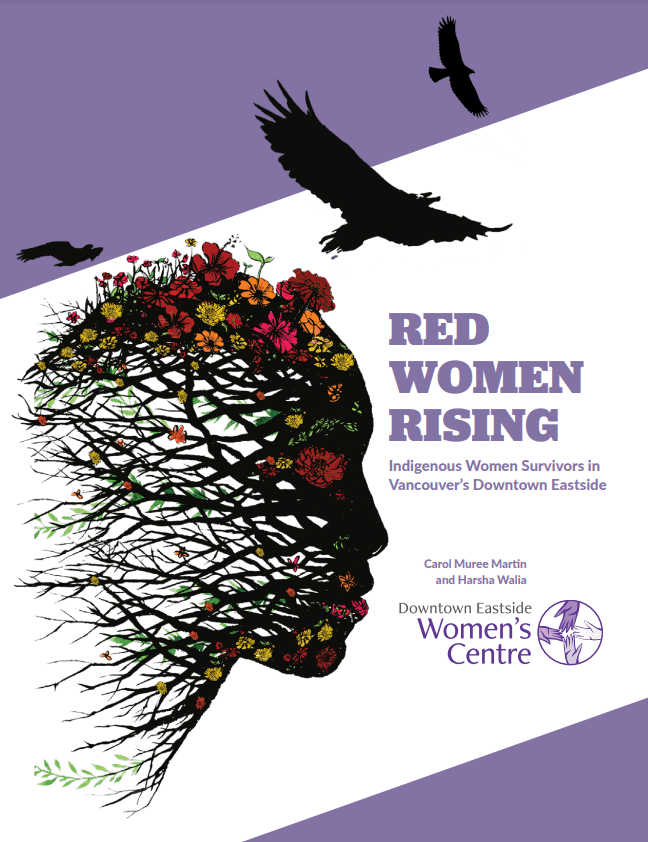18 search results
for
Living in urban communities
Recommendation 26:
Provide an annual transport allowance for Indigenous women in the DTES to be able to travel to their home community.
-
Category and theme:
Immediate services needed in the DTES
Recommendation 27: Create a diversity of low-barrier, peer-based jobs in the DTES with priority hiring and support for Indigenous women of the community. Ensure that peer workers are paid a living wage, have full benefits, and the right to unionization. Recognize the contribution of volunteers and create appropriate and accredited volunteer programs to transfer skills and enable access to employment.-
Category and theme:
Audience:
Groups affected:
Guaranteed public services
Recommendation 28: Provide a safe and affordable home for every Indigenous woman on and off reserve. This housing must be with long-term security of tenure, independent of matrimonial or common-law status, and self-contained units of at least 400 square feet with bathrooms and kitchens. Housing must also consider specific needs such as mobility access, space for children and extended families, and ceremonial practices. Highest priority for social housing should be given to Indigenous women fleeing violence and Indigenous mothers at risk of child apprehension.-
Category and theme:
Audience:
Recommendations to end Indigenous women’s displacement from land
On reserve
Recommendation 48: Provide an annual transport allowance for Indigenous women in the DTES to be able to travel to their home community.-
Category and theme:
Audience:
Recommendations to guarantee economic security for Indigenous women in the DTES
Employment security
Recommendation 76: Free skills training, retraining, and apprenticeships for Indigenous women in the DTES.-
Category and theme:
Audience:
Recommendations to guarantee economic security for Indigenous women in the DTES
Employment security
Recommendation 77: Rectify Indigenous women’s exclusion from the economy by:- Developing equitable and inclusive hiring policy and standards.
- Creating a diversity of low-barrier jobs in the DTES with priority hiring and support for Indigenous women of the community.
- Creating peer-based employment programs including navigation positions throughout the housing, mental health, substance use, and income support systems.
- Ensuring Indigenous women peer workers are paid a living wage, have full benefits, and have the right to unionization.
- Creating jobs that value and compensate skills such as weaving, beading, drum making, food harvesting, and traditional healing, and support the creation of an Indigenous women’s cooperative in the DTES.
- Improving employment supports and workplace accommodations for Indigenous women who are single parents and/or in recovery to ensure that they are not setup to fail in their employment due to systemic barriers.
-
Category and theme:
Audience:
Recommendations to guarantee economic security for Indigenous women in the DTES
Employment security
Recommendation 79: Recognize the role and contribution of volunteers in the DTES, and create accredited volunteer programs to transfer skills and enable access to employment opportunities.-
Category and theme:
Audience:
Groups affected:
Recommendations for Indigenous women’s wellness in the DTES
Culturally safe healthcare
Recommendation 192: Opportunities for urban Indigenous women to learn traditional and land-based healing practices and develop peer-based holistic health support programs and activities such as regular opportunities to go canoeing, pick medicines, and harvest foods.-
Category and theme:
Audience:
